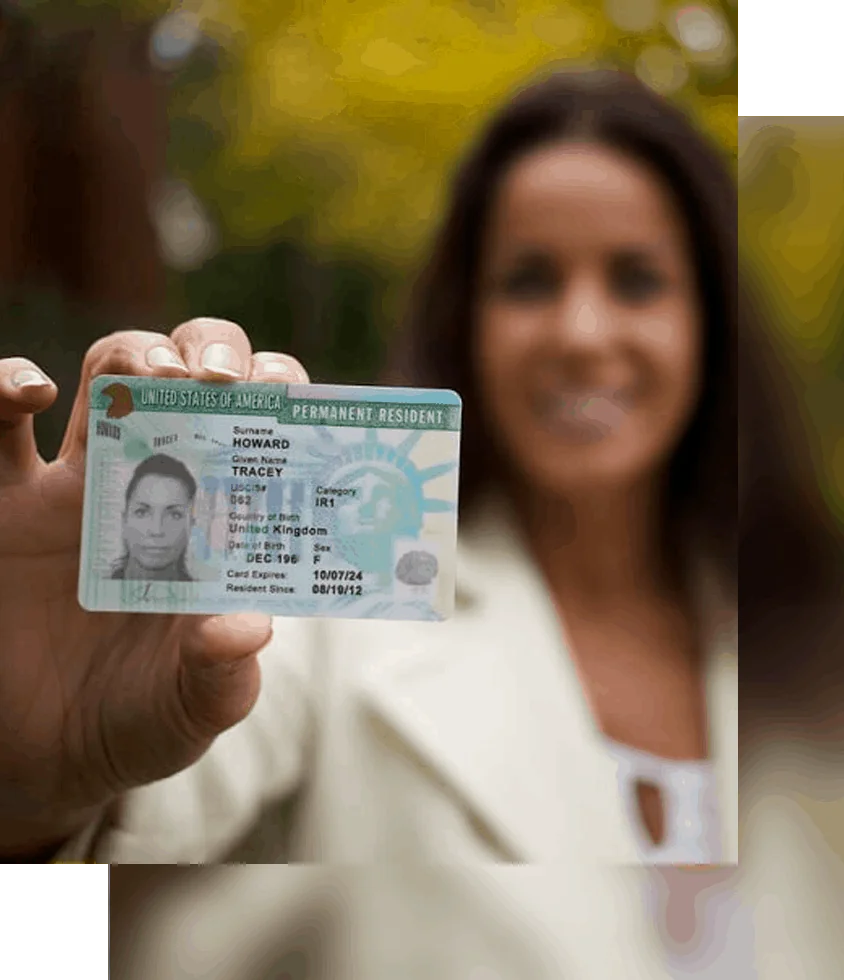
What is a green card?
THE GREEN CARD: A GUIDE TO GREEN CARD TYPES FOR PERMANENT RESIDENCY IN THE U.S.
A green card allows non-U.S. citizens to obtain a permanent residency in the United States. A lot of people outside the United States want to get a green card because it will allow them to live and work (legally) anywhere in the United States and also qualify for a U.S. citizenship after three or five years.
Each year, the U.S. government issues more than a million green card. Most are given to family members of U.S. citizens and current green card holders, followed by workers from other countires looking for work in the United States who are considered the next group of major receipients.
However, there are several other types of green cards. This website provides a basic overview of the most common types of green card and who can apply to get them.






